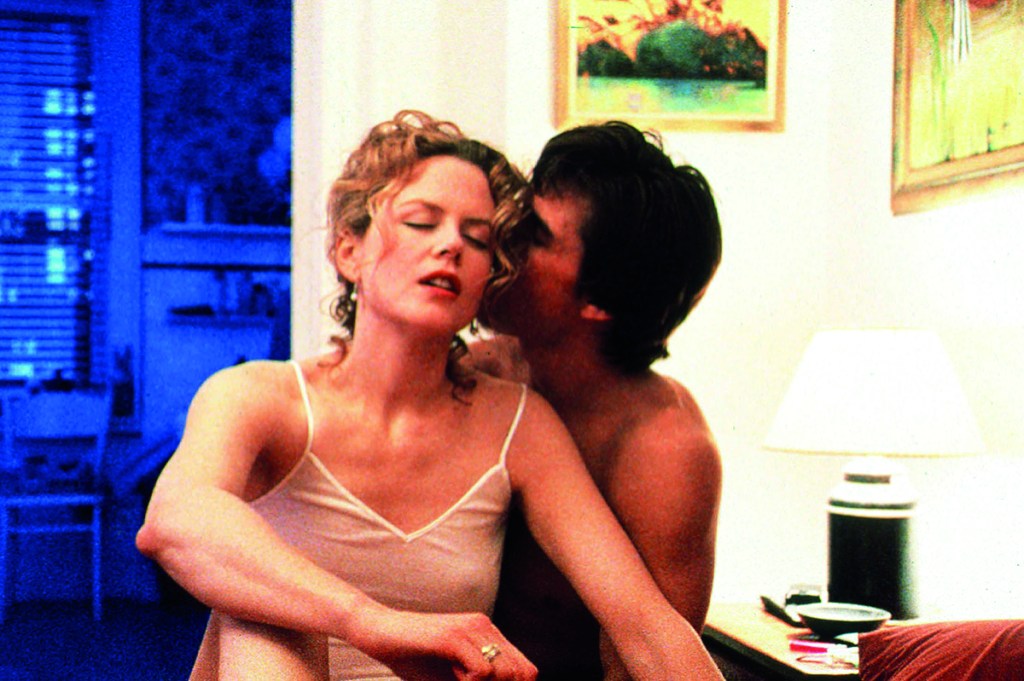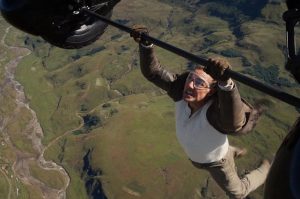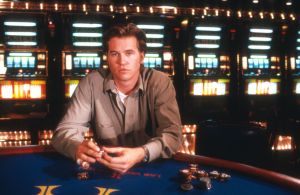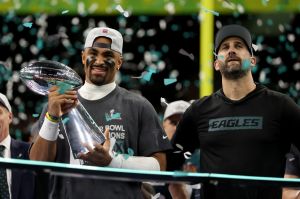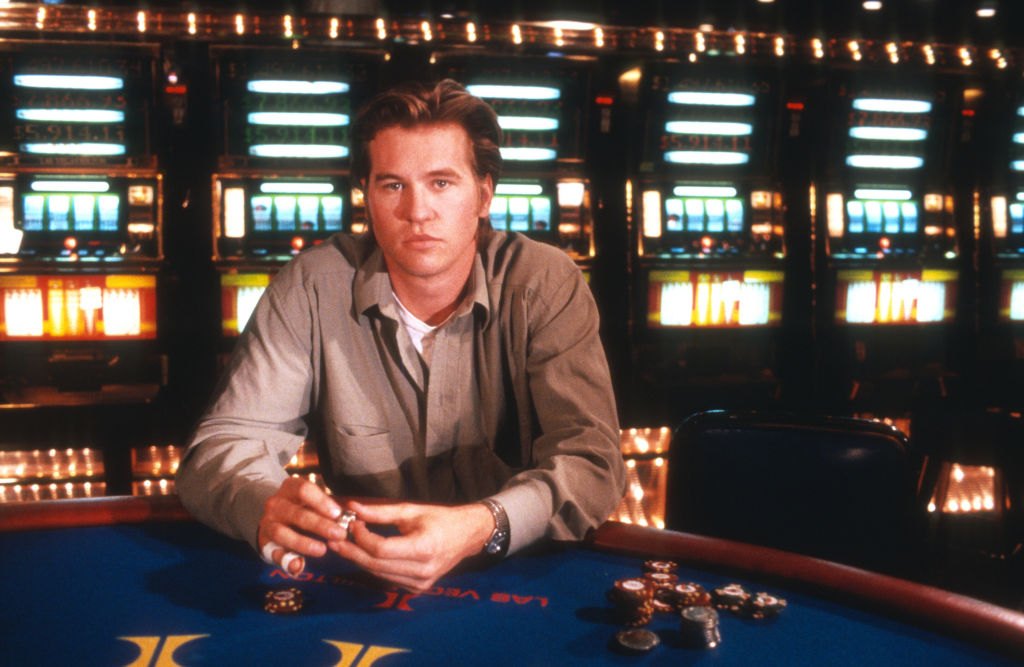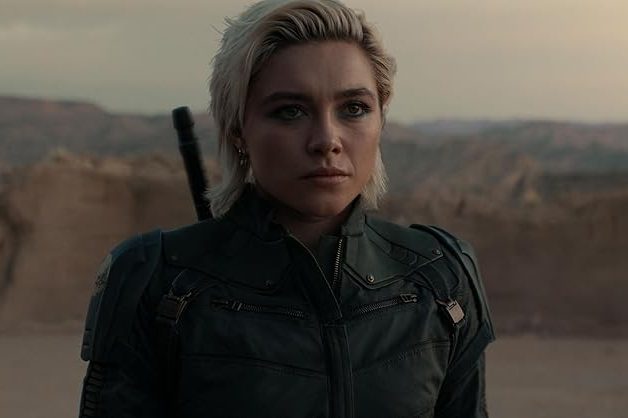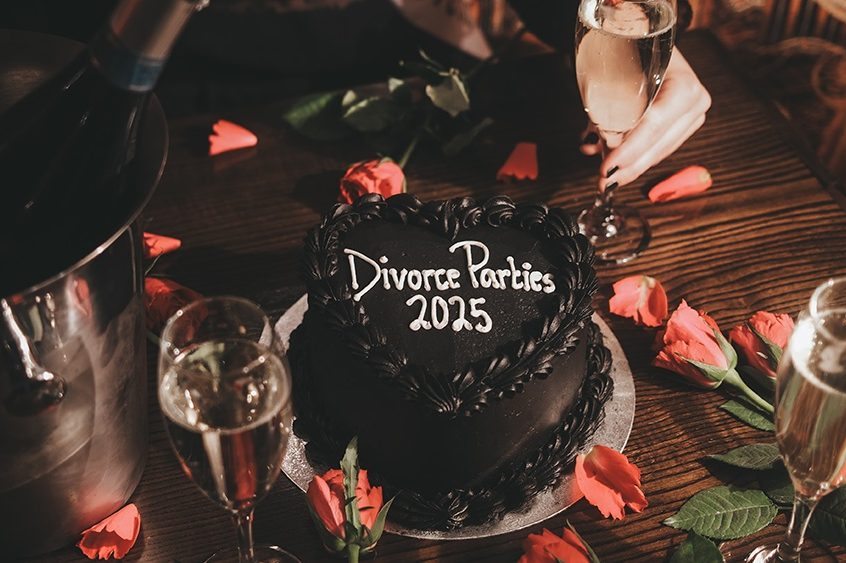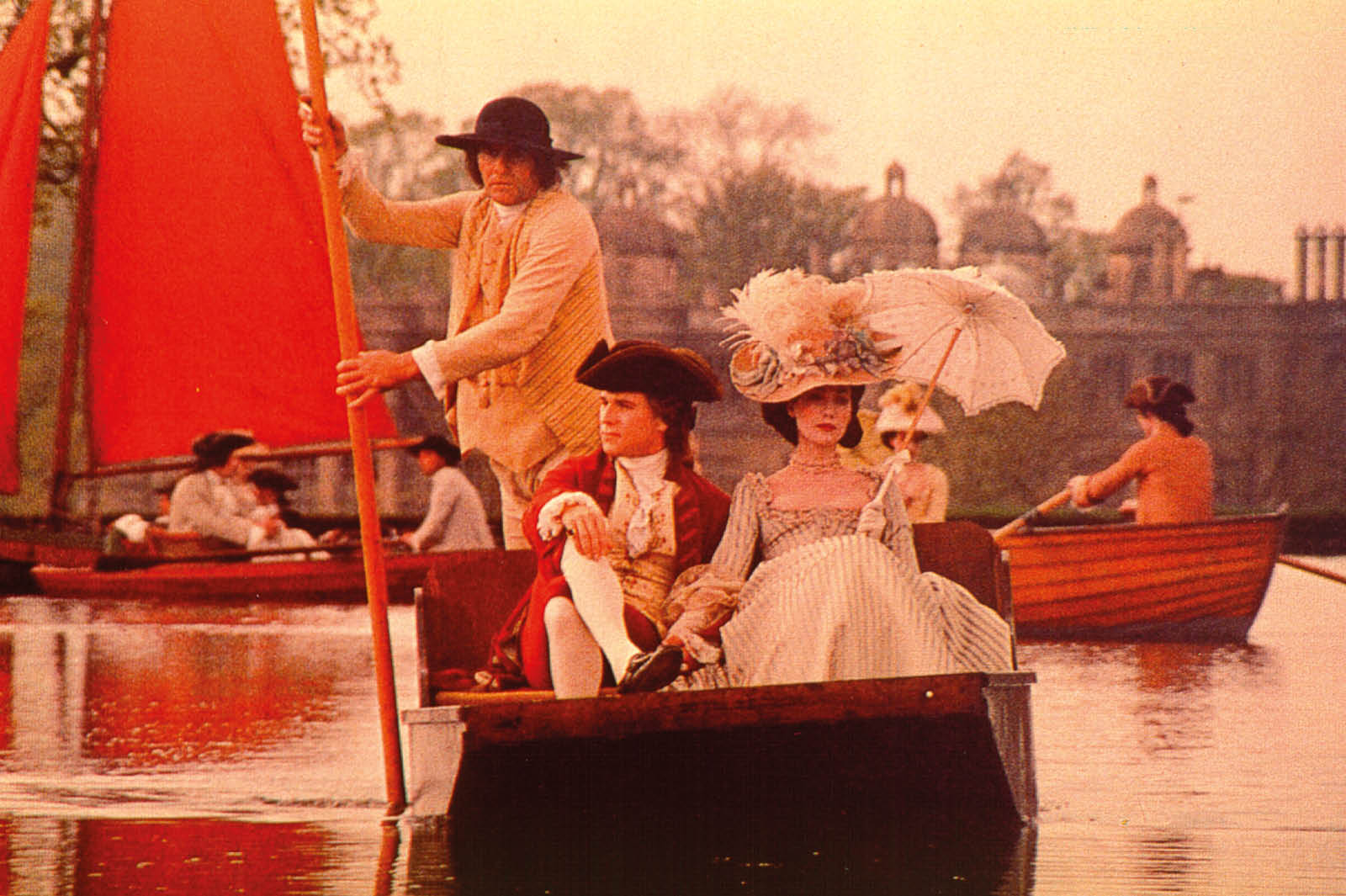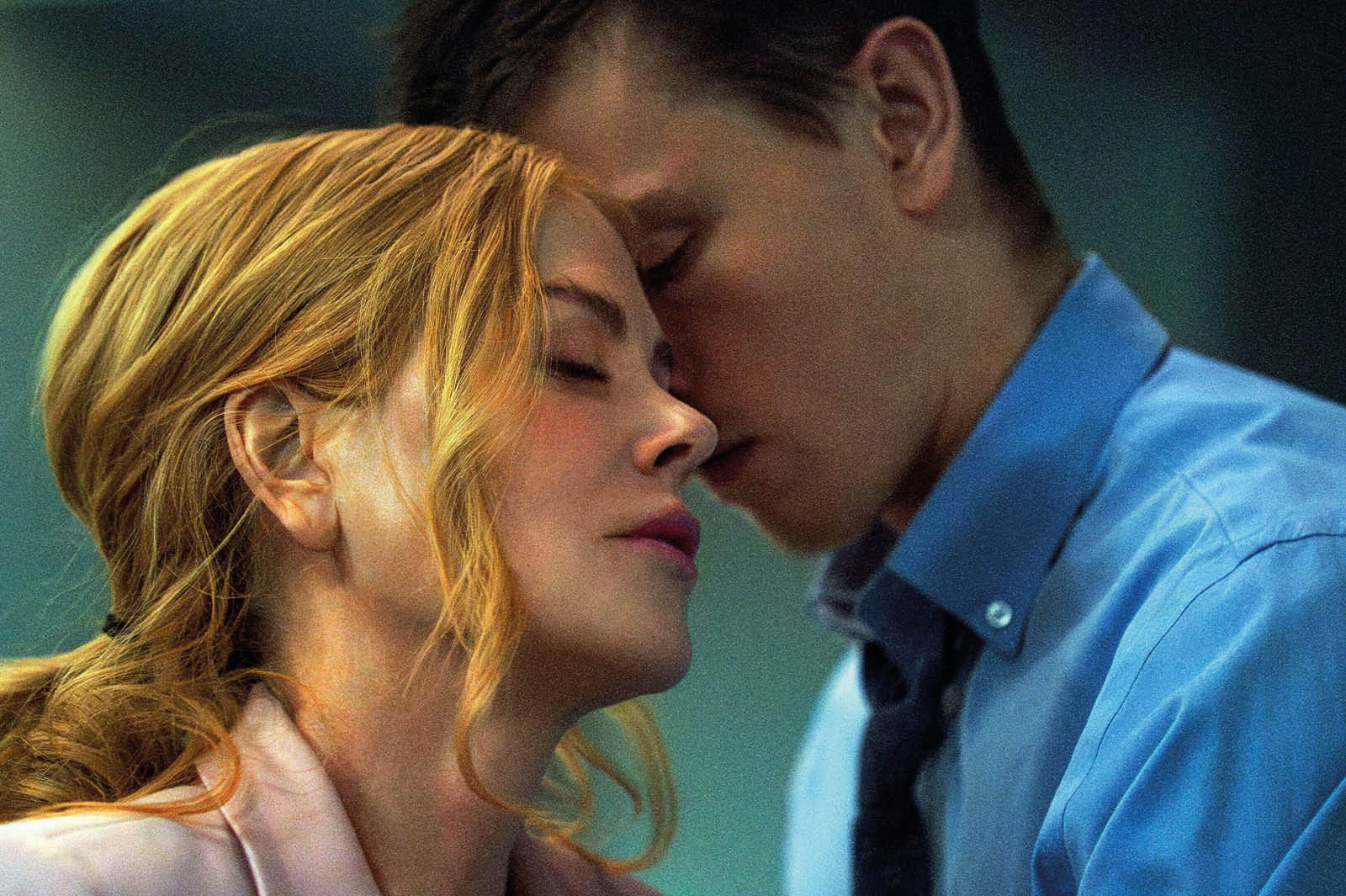Dear Stanley,
Did I ever hear you laugh or see you smile? I like to think I amused you from time to time, but laughter was scarce among your responses. A pause was your applause. During the many months we worked together you were often friendly, always somber. You never hinted why. Private anguish was nobody else’s business; work its narcotic. Might it be that, throughout your life, success was as much revenge as pleasure?
You seemed as much lonesome as autocrat; mark of the still photographer you first were; and the kid before that? As far as our script for Eyes Wide Shut was concerned, you apologized for not being able to specify what you wanted. You could promise only to recognize it when you saw it. Tell you something though: nothing, in the cinematic department of my life, ever beat the pleasure of hearing you say — Christmas Eve 1995, wasn’t it? — that you were ‘absolutely thrilled’ by the first fifty pages of mine: it beat all the awards I was ever given. Later, you became anxious lest what followed was not as good. You even suggested that maybe we should make the first part of the script worse, to avoid an anticlimax. I said, ‘Come on, Stanley.’ On we went, and on. Again and again you asked me to redo a scene or a sequence. Sisyphus, the holy roller, tried to stay happy. Remember what the streetwalker said was her prize satisfaction: ‘He chose me’? I can hear you saying: (Pause) ‘What’s your point?’
The closer we got, slowly, to a shooting script, the more the burden shifted onto you. Director and producer, you became solus rex, the ‘king alone’ with his board before him, pawns gone; your move. Reminds me: did you ever play chess with Vladimir Nabokov when you were doing your Lolita? He specialized in solus rex situations. He called you ‘an artist’, in my presence: not a garland he looped around a whole lot of necks. If you did play him, and you won, I can be pretty sure that that was the first and last time he proposed facing you. I have it from Jeremy Bernstein, with whom you used to play chess quite a bit, that you were never the grandmaster overstatement proclaims. Nor yet was V.N.: after being beaten, twice, in a quick row, by Max Black, the Cornell philosophy professor, he retreated to devising abstruse problems to which he alone had the key.
Like Heidegger, in an interview Nabokov would not answer questions that had not been submitted in writing ahead of time. He was a premeditating craftsman; for all your industry, you did allow chance to make a contribution. V.N. caught, pinned, catalogued butterflies. In Doctor Strangelove, you let butterflies work for you: planning and opportunism fluttered together: ‘Mein Führer, I can walk!’ The other actors, seen-it-all George C. Scott included, were all but corpsed. You had no cover, the wit not to worry about it: print that one! Chaplin said that no movie was ever better for being technically perfect.
Might it be that what was wrong with your Lolita was that you honored Nabokov’s words too piously? It was your one verbose film. You fudged what you were trading on: the scandal of Lolita being a brat with those shining, ‘lightly flossed’ pre-pubescent shins. Jazzing her up as teenage, ready-when-you-are jailbait killed the perverse appetite that Nabokov wished on Humbert Humbert.
Once Lolita had been hailed as a masterpiece by Graham Greene, Volodya woke to find himself famous in more than literary and scholastic circles. He then affected to be shocked to discover what low company was keeping him, and wished he had sold the rights for more. But then Greene liked making waves as much as reputations. As a pre-war London film critic, he had created a scandal by accusing Hollywood of picturing Shirley Temple as a ‘Hello, sailor’ tartlet on the good ship Lollipop. If Lolita had been published by a mainline publisher, would Greene ever have chosen it as a Book of the Year? Back in the 1980s, Anthony Burgess complained, a lot, that you had paid only something like £500 for the film rights of A Clockwork Orange. I’ll bet it was, at the time, a bargain he was happy to make, until he wasn’t. The movie must have generated huge sales of the book. People do harbor grudges against those who have done them a good turn.
You discussed making a quality blue movie with Terry Southern when he was working with you on Doctor Strangelove. On the screen, Lolita turned out nothing like as salty as its source. Hence the abiding wish, next time you had a chance, to concoct something too exquisite not to be art: blue, perhaps, but ultramarine. Dick Zanuck sent me Southern and Mason Hoffenberg’s Candy in Rome in 1965, in the flattering, unwarranted expectation that I would know how to package it as pop-porn. I passed in sleep, as bridge players used to say. Did you ever see the movie they made of Philip Roth’s Portnoy’s Complaint? Did anyone?
Settled in England, you seemed too remote to have anything to do with the Hollywood system. Yet you always had an appetite for stars, especially male; their casting alone could promise the funds you needed. The few actors who believed in you trusted completely: Peter Sellers especially, a mimic whose real-life originals, Alec Guinness not least, seemed ever afterwards to be imitating him; but also Jack Nicholson, James Mason, Sterling Hayden, Leonard Rossiter. Tom Cruise was never on that list. Since Eyes Wide Shut, he has spent a lot of time running for his living, winning fixed fights or hurtling into space. Nothing like a helmet for heading off dialogue.
For the big bad Dr Ziegler, played by Sydney Pollack, your first choice among the living had been Harvey Keitel. He flew to London, foist cless of course, and was billeted in a waterfront suite at the Savoy. When I had tea with him, he had been in storage for a month or three. Eventually summoned to the set, he is said to have said — or done? — something unforgivable to la Kidman and was sent home under sealed cover. Miss K., they say, could be quite fastidious when roused; or was it, as rumor suggests, when Harvey was? Always was a street kind of a guy. Kidman has been a star for many years for many people. Can you think of a single movie of hers you wanted to see again? She did flash a neat ass though, early on, in something set in the Bermuda Triangle.
If only because our script needed her to cue Cruise, Nicole Kidman did do a little prattling in Eyes Wide Shut, rigged in an unattractive slip in the scene after they return from that fancy Park Avenue party. Nothing remained that might dent Cruise’s conceited carapace. That’s the danger when stars are incited pretty much to reenact themselves. François Truffaut thought it was unwise to give a character the first name of the actor who played him; he would never be sure whether he was being himself or the other. Whatever drove you to cast Cruise (and hence Nicole), it was never admiration for his versatility, was it? From all accounts, you gave him slow hell for your money. You slave-drove him for what he cost, and he took it like a man.
Was there something just a touch naive in your idea that casting a married couple as a marred couple would enable you to put ‘the truth’ on the screen? One thing you can be pretty sure of: whatever any conjugal duo may disclose in public about their relationship, they rarely let any crucial cat out of their bag. Did you honestly suppose Cruise and Kidman were bound in genuine passion, rather than embraced in a careerist merger? It’s tempting, very, to guess at something two-edged in your deconstruction of a famous marriage. If Eyes Wide Shut had got them Oscars, it might have Burton and Taylored them together again.
You told me how, when they first dropped in at your hermetic compound in an unassuming helicopter, just like any other sweet unspoiled couple, they sat side by side on the sofa, holding hands already, while you made the demanding pitch you could be pretty sure they would fall for. Who comes in a chopper to say no? How about all three of you were starstruck with each other? You were genuinely touched, it seemed, by the way that Cruise would say, ‘What do you think, Nic?’ Did you ever say anything like that, concerning your career, to any of your wives? It sounds to me like high-class audition talk, but you read the pair for down-home sweethearts. Might it be that the innocence was yours, not theirs?
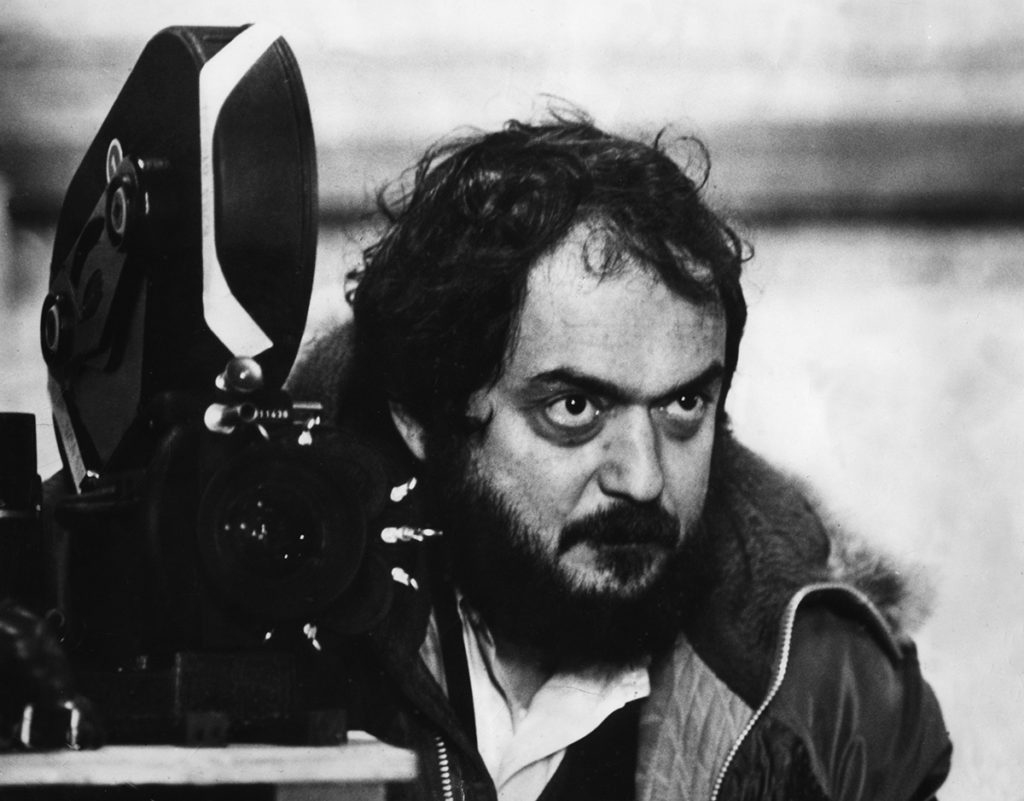
Has anyone yet composed that scholarly essay on females in Mr Kubrick’s oeuvre? Is there a single scene in which a woman has the last word or anything much to say at all? Physicians and movie directors are often shy when it comes to women, though their status authorizes demands — get ’em off, among others — that they would never dare utter in person. On location in Tuscany, John Schlesinger lumbered me with persuading Julie Christie to shed her clothes during a long tracking shot in Darling. I dished her the usual sincere bullshit about motivation. She said, ‘I know, I know, but I just don’t have the figure for prolonged attention from behind.’ She did the shot though, bravely.
Pretty well the only beautiful woman in any of your movies was Marisa Berenson in Barry Lyndon (her rich name part of her cachet, was it not?). You had Ryan O’Neal blow smoke in her face right after their wedding. That was Thackeray’s story? That was your story. I once congratulated you on the brilliant silent scene on some Baroque terrace in which Barry wooed the then still-married diva. Having neither of them say anything, I said, was better than any imaginable dialogue. This prompted you to say that there had been dialogue in the script but you cut it. ‘Did you ever hear her voice?’ You mimicked scratchy prattle.
In Greek iconography, only females are regularly depicted looking in a mirror. Narcissus proved himself a narsissy by falling in love with his reflection in the water that eventually drowned him. How pretty was he by any standard but his own? The ancient warrior sought and redeemed his reputation and identity in battle; the goddess and the beauty settled for reflecting on themselves. I remember a Christmas Eve party on Zuma Beach when Natalie Wood spent the time lying on a towel looking at herself in her makeup mirror, as if keeping an eye on herself would save her from age. Someone asked her, casually, what she wanted for Christmas. She said, ‘Yesterday.’
Resting on your laurels was not your style. You were always out to cut new ones, whatever trespasses you might commit to crop them. Breaking bounds is the outsider’s favorite walk; parody — admiration as malice — his tribute. In Clockwork Orange you had Malcolm McDowell mimic Gene Kelly in Stanley Donen’s Singin’ in the Rain.
You seldom mentioned other directors, rarely with admiration: Kieslowski’s Decalogue the only exception I recall. In your own work, your urge was again and again to trump what had gone before. For proof of your determination to axe the obvious, can any cinephile name just one scene, in all your films, where a conversation takes place in a car or iridescent waves break on some shore; was any kiss in your whole oeuvre just a kiss? The kiss of death was your preferred form of embrace.
Your career can be read as a series of exercises in savory sadism, especially when it came to women. The only sequence in Clockwork Orange that lacked your unhurrying brilliance was the speeded-up sex scene with Malcolm McDowell and a couple of naked girls. It was as if you were getting it over as fast as you could. The same applied to the ineptly improvised ‘love’ scene in Eyes Wide Shut, in the back of a station wagon between Nicole and her dreamboat naval officer. You were rarely so uneasy as when doing genuine feeling. John Malkovich once told me that the one scene in a script I wrote that he could never do was one that had his character declaring what he really felt. When did art and sincerity go hand in hand? Your spicy three-star dishes both delighted the consumers and slid them a dose of the medicine they deserved.
Fame was a spur that scored your own flank. Steven Spielberg won all the awards, plaudits and power that should have proved to him that he was your superior, yet so mortified was he to read that you regarded Schindler’s List as a movie about success, not about the Holocaust, that he insisted that I had made the story up. I like Steven and would not ever have thought to invent anything to hurt him. Truth is hurt enough. You know you said that and I know you did. Why in hell would I make it up, or any of the other things I am accused, without a shred of truth, of having fabricated? I don’t do fabricate; I do watch and listen.
I recall your remarking, ‘You don’t think I’m an artist, do you?’ I said, ‘Oh, Stanley, what does it matter? All I know is, in order to do my work all I need is a pencil and a piece of paper and you need 50 million bucks, movie stars, a unit, cameras, lights, locations and who knows what all else.’ You said, ‘You sure know how to hurt a guy.’ And I said, ‘Depend upon it,’ or old English words to that effect. The truth, which your hierophants cannot see, so busy are they confecting your messianic image, is that the fruitfulness of our relationship depended on the need you had to feel challenged, engaged in a competitive game. Competere, in the Latin you never learnt, has the basic meaning of ‘seeking together’. Nothing like it for dividing people.
Screenwriter and director are often involved in a protracted exercise of capping each other’s ideas, if they possibly can: having the last word is the prize and both of them know who is going to get it. And yet…Billy Wilder — never, for all his qualities, the sort of director you’d ever bother to put down — worked with Izzy Diamond on all his later movies. He told us that Izzy would acknowledge that Billy had had a good idea by saying just two words: ‘Why not?’
Under every long relationship worth a damn there are innumerable, unaccountable wrinkles and fissures, which is why the search for ‘motivation’ is something no artist should ever waste a minute on. You remember Hitchcock’s answer to the actor who wanted to know her motivation for walking to the window: ‘Your salary.’ You and I got along pretty damn well because there was so much we didn’t have in common. Michael Herr was very keen to show how buddy-buddy you and he were, but what did he contribute, aside from meat and potatoes, to what became Full Metal Jacket? Two movies in one, the first worth seeing; due more to you than to Herr is my guess. You needed him to tell you of what you avoided all your life: the crash and bang and blood of actual, not reenacted, horror: war and its savage preliminaries. He was indispensable, but apart from that you could have done without him.
Here’s a true story that no one will ever be able to verify. While I was still hot from writing Eyes Wide Shut, I had a call from Jerry Weintraub. Jerry was making The Avengers on a Pinewood stage adjacent to where you were shooting ‘our’ movie. One day, he told me, he got to the studio, found his cameraman close to tears. ‘Whassamatter?’ ‘I had a call from Stanley Kubrick. He says my lights are affecting his shooting.’ Jerry told me that the accusation was not only nasty but impossible. There was no way that light could pass from one studio through three feet of brick into the next. Jerry was not the kind of Jew to be intimidated. ‘When I called him up,’ he told me, ‘Kubrick’s people said he was busy and couldn’t come to the phone. I said, “Then get a pencil and take this down and give it to your boss: If you ever so much as speak to my cameraman again, I will come round and do you bodily harm. Signed Jerry Weintraub.” A few minutes later, Kubrick called me back and explained that he had not meant to upset anyone and it was all a misunderstanding, stuff like that.’
Would Weintraub make up a story like that? I doubt it, very much. He was what Rich Cohen calls a ‘tough Jew’: buddy of Sinatra’s, he made a fortune fixing venues for concerts. You don’t do that without having to mix it, nicely maybe, with a bunch of mobsters. Charming as he was to me, Weintraub was no sweetheart: he beat up his wives and bullied his assistant. He also paid me a lot of money to write a screenplay about the guy who murdered Versace. He said it was the best first draft he ever read. It never got made: seems in those days no one cared to make a movie about a gay serial killer. Imagine!
I recognized your rare brilliance that afternoon in 1958 when I went to that King’s Road double-header of The Killing and Paths of Glory; lunch and dinner for the price of breakfast. I had never heard of you. Kirk Douglas hauled me into that King’s Road theater. I came out stunned by those callous masterpieces. Was Kirk the man you wished you had been?
The story is that Kirk had a vasectomy to counter accusations of extramarital reproduction. It’s said that he had a sidekick to whom he would indicate which of the females in a conducted tour of the studios appealed to him. The chosen lady would be approached and told that Mr Douglas was about to take a break in his Winnebago while they changed the set-up. Would she care to come and have a Coke with him? Once the door was locked behind Kirk and his dish-of-the-day, there was no loutish presumption. Kirk offered the promised drink and then, it’s said, admitted that he found the lady very attractive and, if it would please her, et cetera. Nine times out of 10 he pleased her plenty and gave her a secret to treasure as long as she chose.
Similar stories are told about a lot of stars, from Cary Grant to Warren Beatty, to name but the cocks of the walk. Not all the macho men matched their reputations. Joan Axelrod asked Hope Lange what Frank Sinatra had been like in the sack. Hopey said, ‘Oh, you know, push and squirt.’ But then when asked what had impelled her to divorce Alan Pakula, she said, ‘I kept falling asleep all the time.’ Not an easy room to play, the lady.
For all the drudgery of rewriting scenes — I sometimes felt more than a little like Jack Nicholson doing those stacks of lines in The Shining — working for or with you was grim fun. We talked on the telephone for many hours, very easily, about all sorts of things, on and off the subject of Arthur Schnitzler and the New York translation of his Viennese nightmare, but never about your own work, except once, when you pretty much disowned everything before The Killing. My admiration — especially for Paths of Glory, Dr Strangelove and Barry Lyndon, that unlikely, un-American masterpiece — all but embarrassed you. You did tell me one good story about the making of Paths of Glory.
There was a big set-piece sequence in which the French infantry advance across no-man’s-land. The attack disintegrates under machine-gun fire from the German lines. You were shooting in southern Germany and all the supposedly French soldiers were, in fact, German. You had five or six cameras in various positions to catch the evolving fiasco. When you called ‘Action!’, Kirk blew his whistle and his troops surged out of the trenches, advanced in rapid order on the enemy lines and had all but captured them before you could call ‘Cut!’ You then explained to the German assistant director that the whole point of the scene was that the attack faltered and fell apart. Would he please explain that the attack had to be a failure? The A.D. turned to the assembled German extras and, keeping it simple, told them that they had to advance, when the whistle blew, ‘like Frenchmen’. They laughed and nodded. You asked if he was sure that they had really got the point. Jawohl: when the whistle blew, they advanced in ragged disorder and faltered or took shelter as the machine guns started rapping.
You made several masterpieces, won few awards; the greater your fame, the greater your isolation. You never deigned to canvass for votes; not getting them is the masochist’s form of election. You rarely made little attempt to charm anyone, including yourself. You may have looked young once, youthful never. Carefree? Forget it. You best proved your genius to yourself by making no sociable concessions, no deliveries of modesty, no affectations of devotion, especially when it came to executives. You will believe me when I say that, proud as I was to be working with you, I knew very well that you were always bound to make what began as ‘our’ movie entirely your own. You were smart enough to let chance make its contributions to your recipes. We’re promised that ‘The Blue Danube’ flowed around the opening sequence of 2001 because it happened to be playing on a turntable in the studio where you were dubbing the music. Might something similar have happened, had you had the time and the luck when editing Eyes Wide Shut?
You did some brilliant casting (Leonard Rossiter in Barry Lyndon not least) and some quite strange: what was Bill Sylvester doing in 2001? It was as if you sometimes chose people because they lacked individual character. You could be sure they would not add unwanted flavor to the piece. But then again… Sellers, Hayden, James Mason and, whether you liked him or not, Ryan O’Neal.
In Ryan’s case, you had the idea that he was making illicit advances to that favorite daughter of yours; a Lo in her early teens. It is likelier, much, that she had a crush on him and that you resented the charm he exerted. Your original idea was that O’Neal should read the commentary which fashioned the singularity of your picaresque story, but I gather (no shortage of fruit under that old gossip tree) that you were so displeased that you took that honor away from him and gave it to Michael Hordern, whose inimitable (often imitated) tones gave the movie an ironic dignity that no first-person narrator could supply. However spiteful your motive, having those butterflies work for you gave the piece a lift it might otherwise never have had. Even paranoia can work for a genius.
Tony Frewin, your right-hand man who is also his own man, told me that he had never seen you so happy as when you were reading my opening pages, unless it was when you saw the first installment — some $5 million — of profits from 2001. As much relieved as flattered, I had the honest whore’s feeling of having given value for money. The screenwriter had better learn to be amused by those who claim never to have needed him. Bill Goldman told me how he came into Sydney Pollack’s office to find him typing out the script he had delivered a few days earlier. Quizzed, Sydney said, with no sign either of embarrassment or humor, that he was ‘making it his own’. You did exactly the same thing, if very late in the day, when you asked me, with a trace of anxiety, to read through and comment on the version of Eyes Wide Shut which you had pretty well decided to shoot and had certainly made your own.
I thought you had made a number of questionable decisions; never foolish, not necessarily wrong, just… unworthy. For instance, having the long, ‘frank’ after-the-ball-was-over discussion between Cruise and Kidman primed not by their experiences in the rich man’s house but by smoking pot on their return home. Schnitzler, whose ‘beats’ you incited, if not instructed, me to honor, knew better than you, it seemed, that the events of the evening itself supplied stimulus enough for their unbuttoning.
Your widow Christiane and her busy brother run a flourishing, voluminous Kubrick industry. They have every commercial reason for portraying you as a single, if not singular, genius meriting unceasing flows of incense and myrrh, never mirth. Their loud indignation has been aroused by the little book that I wrote after ‘our’ movie opened. Never before had anyone written of the experience of working with you, not because of lack of appetite but because the contract they had signed stipulated that they renounce the right to do so. I had insisted, before signing, upon the deletion of an adjacent clause, in which you arrogated to yourself to decide who had written any part of the script and hence who, if anyone, apart from yourself, should receive credit. Pride in working with you had not entirely banished my wits. The Writers’ Guild had a recognized procedure for attributing credit, and members were expected to make use of it. You seemed surprised that I should raise the matter at all. Did I not trust you? I ducked that one by saying that there was no way I should sign myself into anyone else’s hands, however illustrious. Quite abruptly, you then said how about if we just delete that whole clause in the contract?
The whole clause you told your lawyer to cut out of the contract contained another item, denying me the right to publish any account of our working together. You conceded more than you realized, unless a Freudian error allowed one writer the chance to publish the truth. I remain innocent enough to hope that you just might be amused, a couple of times, by what I have had to say about you. No one quite like you, Kubrick, OK?
Best regards, Freddie
This article was originally published in The Spectator’s March 2021 US edition.



